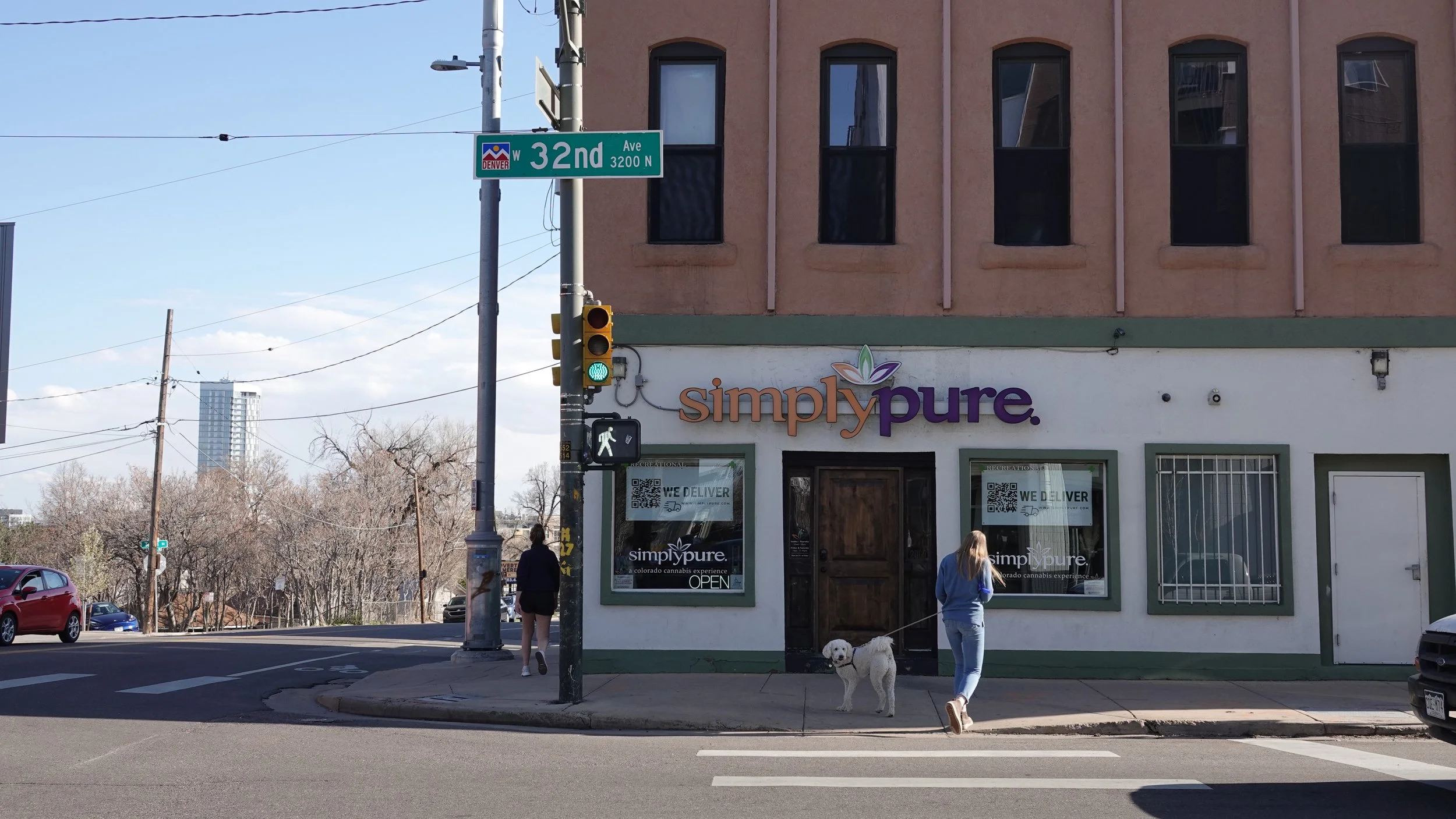Black-Owned Dispensaries Need A Home In Colorado, And Quick.
Black-owned dispensaries make up only 3.9% of Colorado’s regulated marijuana business industry. Out of 1,678 dispensary owners in Colorado, only 66 of those owners are Black citizens.
This year, Colorado is celebrating its tenth year legalizing marijuana possession and use at the recreational level. The state has encountered tremendous economical achievements since legalizing cannabis recreationally, having done $11.7 billion in sales of cannabis within the decade.
Despite this recognizable achievement, Colorado has failed to succeed in the growth of Black entrepreneurs pursuing businesses and licenses in the cannabis industry.
In 2018, over six years ago, Black-owned dispensaries made up just over 2% of regulated marijuana business owners in Colorado. Though some improvement has been made in the diversity of cannabis business owners, with now 3.9% being black, not nearly enough progress has been made to make space for the Black community in the cannabis industry.
Not only have the economical achievements that have been made possible through the regulated cannabis industry been extraordinary, but the decrease in the historical stigma surrounding smoking cannabis, in general, has seen a decrease as well.
With the legalization of cannabis in Colorado having made so many breakthroughs, both economically and historically, one may wonder why we have not seen these same breakthroughs in racial demographics of those possessing a regulated marijuana license in Colorado, too.
“It is strictly access to capital,” said Wanda James, the first ever Black person to obtain a regulated marijuana license and own a dispensary in the United States.
Wanda James’ dispensary, Simply Pure, on April 15, 2024 which is the first ever black-owned dispensary located in Denver, Colorado.
“When I go around the country and they have training on how to get into the industry, and you look out, it's a sea of black and Latino faces…they all have great ideas, they are all smart about doing their applications…but even the application process can cost…maybe $5000 to $250,000…And when you're wealthy, you know, when you can call up mom and dad and say, ‘Hey, mom, dad, I'm gonna need… half a million dollars to start this company.’ Or when you have graduated from an Ivy League school, and you're a white male that has been working in finance, for the last 10 years, it's easy to call up 10 of your hedge fund buddies and be like, ‘Yo, I need a million dollars from each of you to start this cannabis company,’ right? It's just easier when you think about your circle of people, your circle of influence, or where you can raise money,” stated James.
The financial constraints of starting a business, in general, can be extremely daunting, especially for Black entrepreneurs. This prompts the question: How do we move forward in pursuing Black entrepreneurs in the cannabis industry?
“Governor Polis doesn't tolerate the industry. He respects the industry. He likes the industry. He believes in the industry. So under his leadership, we've created the cannabis business office and…now CBO has been giving out grants and low interest loans to entrepreneurs,” said James.
James continued, “Elections have consequences. So if cannabis is important to you, make sure that you are electing people to the state legislators, to city council, and to the governorships that believe in the industry because that is so important… Even with the government trying to help now, we're so far behind the eight ball that it's still very difficult.”
There are steps that can be taken to advance diversity in the cannabis industry by voting on elected officials that support the ideals that are important to you, such as diversity in the regulated cannabis industry.
Grants and low-interest loans to entrepreneurs is a start in the right direction of embracing Black entrepreneurs in the cannabis space, but community engagement can also be impactful.
As of recently, many Diversity, Equity, and Inclusion programs have been installed in different aspects of society, such as the hiring process for companies or the training that teachers and police undergo. This banks the question of whether this could be a helpful implementation in furthering efforts to diversify the cannabis industry.
“Here's the beauty of diversity and inclusion, right? If you're somebody that respects diversity and inclusion…it comes through in every single thing you do. We are by far the most diverse dispensary in Colorado. And I don't wake up in the morning and say, ‘Oh, let's go hire a Latina. And oh, let's go find somebody from LGBT’... it's because we embrace inclusion, all of the people who work for us, that's something that they all value,” stated James.
